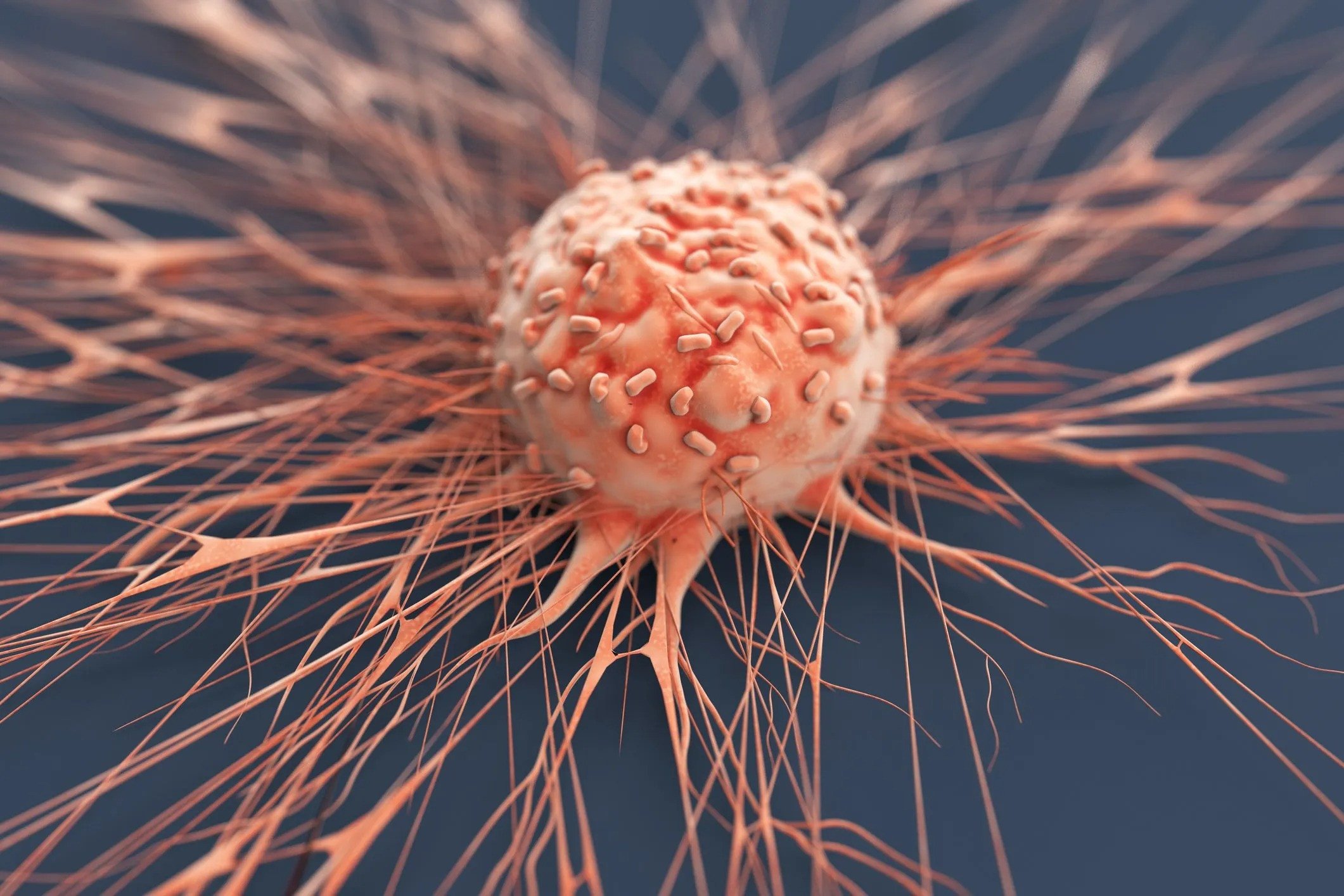Drinking alcohol is an active part of our daily lives, especially in social gatherings. Still, many people are unaware of the detrimental connection between alcohol intake and cancer. Would you still be able to enjoy your favorite beer or glass of wine if you knew that alcohol, just like cigarettes, is a leading risk factor for causing multiple types of malignant disorders?
In this article, we will go over the mechanisms through which alcohol can damage your body and the different kinds of cancer it can cause. We will also look into factors other than simple ingestion that exacerbate the damage of alcohol.
Table of Contents
ToggleHow Can Alcohol Cause Cancer?
Drinking alcohol triggers a domino effect, releasing a compound called acetaldehyde during its breakdown inside the body. Acetaldehyde can heavily influence the risk of developing cancer. This toxic and reactive substance causes damage to DNA, proteins, and other cellular components. This can lead to genetic mutations and impair body functions. Chronic inflammation can also be a consequence of alcohol consumption, causing DNA damage and lowering the body’s immunity to locate and fight against cancerous cells.
Alcohol, as it makes its way into your system, not only stirs up trouble by disrupting cell function and messing with your DNA but also hampers the absorption of crucial nutrients like folate, vitamin B6, and vitamin A. These superheroes of the nutrient world are essential for keeping your body functioning optimally and protecting your cells from harm. But when alcohol swoops in and hinders their powers, it’s like leaving your body defenseless against potential cancerous threats.
Different Types of Alcohol-Caused Cancers

The scientific community has left no stone unturned when it comes to exploring the link between alcohol consumption and the development of various types of cancer. We will highlight some of the most widely discussed disorders.
Cranial and Cervical Cancers
Excessive alcohol consumption has been firmly linked to an elevated risk of developing cancers in the cranial and cervical areas. The solvent properties of alcohol for cancer-causing compounds, coupled with its detrimental effects on the body, contribute to the increased likelihood of these cancers occurring. Alcohol reduces the ability to remove damaging substances, increasing its adverse effects.
Esophageal Cancer
Regular heavy drinking is a commonly recognized risk factor for esophageal cancer. It irritates the esophagus’s lining, leading to chronic inflammation and cell damage, causing more chances of cancerous changes. Stomach acid can get overproduced due to drinking alcohol escalating the probability of contracting gastroesophageal reflux disease (GERD), which is related to an increased risk of cancer.
Liver Cancer
Consistent heavy alcohol intake is known to cause liver cancer. Prolonged usage can lead to liver cirrhosis, classified as irreversible liver damage, inflammation, and an increased probability of malignant growth. Heavy alcohol consumption impairs the liver’s detoxification abilities, which further accelerates the harmful effects.
Colorectal Cancer
Excessive alcohol consumption has been repeatedly linked to an increased risk of colorectal cancer. The processes behind this link are complicated, but alcohol may cause DNA damage, induce chronic inflammation, and affect the gut microbiota, all of which may contribute to colon cancer development.
Factors Affecting Cancer Development
Alcohol itself may be considered the primary variable that causes alcohol-induced cancer. However, other variables impact the probability of you getting this disease. A proper understanding of such factors is pivotal in establishing individual risk.
Amount and Extent of Alcohol Consumption
The span and intensity of alcohol ingested is a reliable marker to determine the risk level you are under. The more an individual consumes, the greater the chances of getting cancer. But even if you sip in moderation, there’s still a chance of some risk. So, it’s important to find that sweet spot of moderation to keep the scale tipped in your favor and reduce the potential for cancer.
Genetic Factors
Some genetic factors influence the metabolism of alcohol in our bodies and the removal of its harmful breakdown products. One example of such a product is acetaldehyde. Esophageal cancer occurs with high alcohol intake in individuals with a genetically defective alcohol dehydrogenase enzyme. A deeper understanding of genetic predisposition can allow those at greater risk to be identified, and personalized healthcare strategies can then be developed.
Gender Differences
Gender is also a variable used to predict if someone has a greater susceptibility to cancer. The incidence of alcohol-induced breast cancer is much more likely in women than men. There is also a lesser ability to break down alcohol in women causing more acetaldehyde to stay in the body, aggravating the risk even more.
Coexisting Risk Factors
Along with alcohol intake, other factors can compound the effects and increase the chances of getting the disease. Compared to its damage, the combined influence of alcohol and cigarette use dramatically increases the chance of head and neck malignancies. A healthy diet, having an appropriate amount of vegetables and fruits, and abstaining from cigarette use can help reduce the detrimental effects of alcohol on cancer risk.
Lifestyle and Health
Your daily activities and your overall health can have a significant impact on your vulnerability to cancer. Many aspects, such as obesity, absence of physical activity, and reduced immunity, can speed up the effect of drinking alcohol. Maintaining a healthy weight, having a balanced and fulfilling diet, and exercising regularly is imperative to decrease the chances of falling victim to
this illness.
The best preventative measure against all the harmful effects of alcohol consumption is to avoid drinking it entirely. However, people who prefer to consume alcohol should do so in moderation and take into account individual risk factors to make informed decisions. Getting screened for cancer and checked by your physician regularly is imperative to ensure that you are not at risk of developing get this illness.
Conclusion
Now that you have a better understanding of the role alcohol plays in the accelerated development of cancer, you can make informed decisions about your health and learn how to manage your drinking habits.
Indeed there are also other factors linked to alcohol intake, such as genetics and lifestyle, that impact cancer development. However, educating yourself about any risk factors that are directly or indirectly related to alcohol consumption and cancer will help you choose the best preventative measures that will help you live a healthy life.

I am a passionate beer connoisseur with a deep appreciation for the art and science of brewing. With years of experience tasting and evaluating various beers, I love to share my opinions and insights with others and I am always eager to engage in lively discussions about my favorite beverage.
















